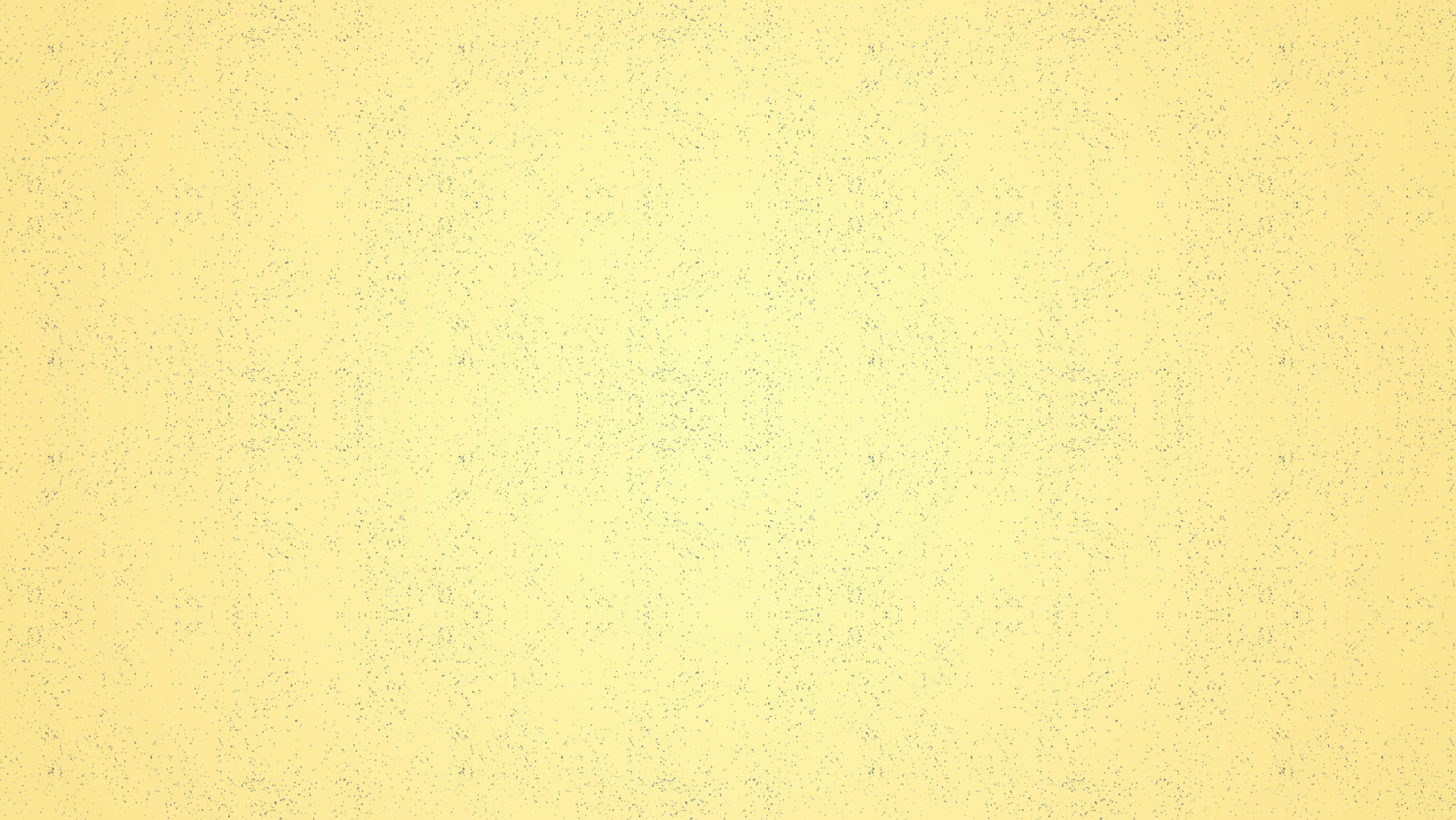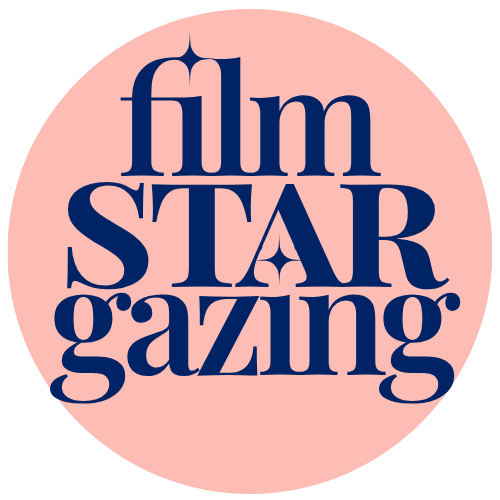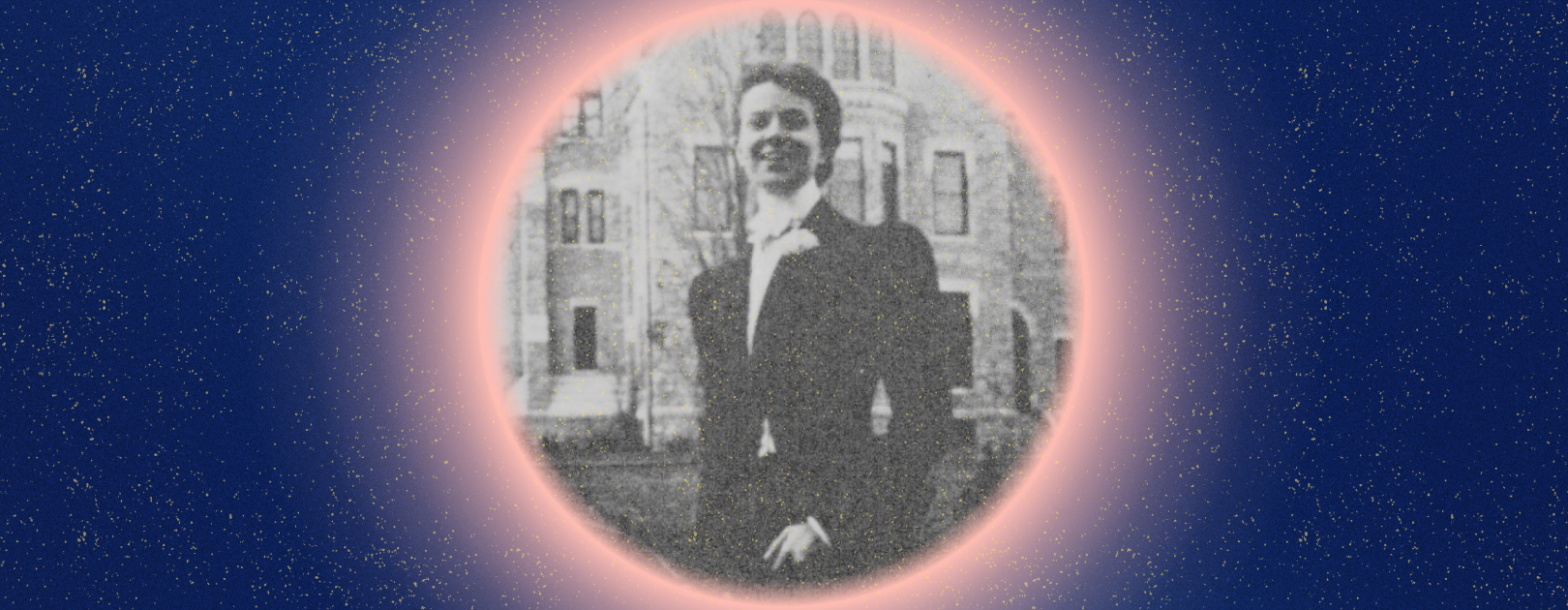Table of Contents
From conservative upbringing to feminist awakening through Katharine Hepburn. Exploring how classic Hollywood stars shaped political identity.
Early influences and political awakening
Although I consider myself a feminist now, I have not always done so. I was raised in a fairly comfortable middle-class family on the east coast. My parents were conservative and they raised my brother and me to share their views, without forcing them upon us. Bill Clinton was always referred to as "Slick Willy" at our dinner table, and after 9/11 we put up our American flag and supported George Bush 100%.
When the United States invaded Iraq I thought, "Now, wait a minute. Where are you going with this one, W.?"
At university two professors in particular had a profound effect on my political education. One was liberal and one was conservative, and I am so grateful to both of them for being such fair, open-minded individuals as they encouraged me to cultivate my own political views.
Katharine Hepburn's influence on my feminist journey
This whole liberal, feminist thing is all Katharine Hepburn's fault, really. When I read Katharine Hepburn's autobiography (Me, 1996) in my second year at university, I found myself as interested in her progressive upbringing as in her film career. Hepburn's mother, Katharine Houghton Hepburn, was orphaned at sixteen, yet still managed to put herself and her younger sisters through Bryn Mawr College. Both she and her sister Edith threw themselves into progressive reform work after graduation and marriage. They worked tirelessly for women's suffrage and birth control, taking what they had learned at Bryn Mawr to help raise the standard of women's rights.
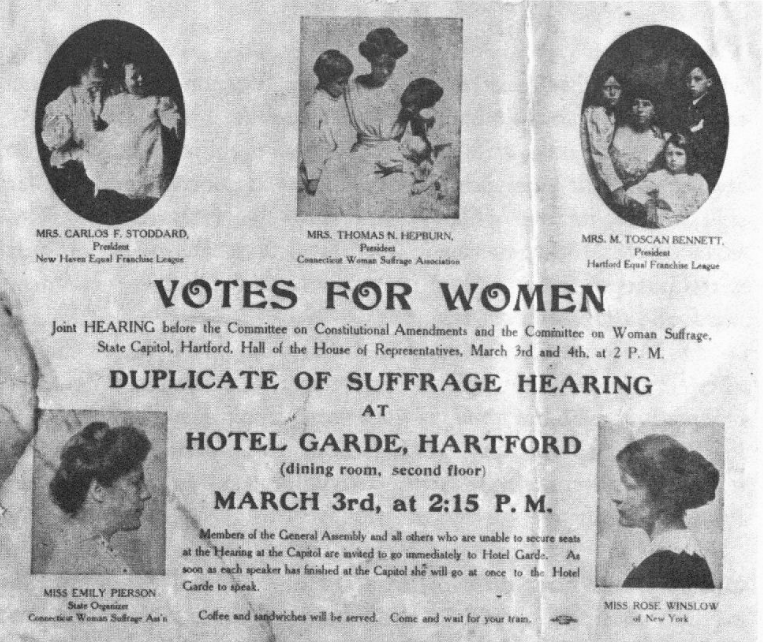
As I began studying Progressive Reform Era feminism (first-wave feminism), I felt myself becoming more sympathetic with the feminist, gender, and sexuality issues of my own time.
Diana Rigg and the complexities of feminist identity
There’s an interview Diana Rigg gave with Mark Lawson in 2011, in which she discusses her views on feminism. I have always been a big fan of Rigg in The Avengers (1965-1968) and the Mrs Bradley Mysteries (1998-2000), and my friends and I have always thought of her as a sort of prototype feminist in these roles.
However, in this 2011 interview, Rigg takes a rather ambivalent stance on feminism:
"The [feminist] issue is quite simple. Within yourself you are an individual and you are free. You are a free individual."
Agreed. Then she goes on to define the feminist movement of the 1960s:
"The only fetters that the feminists have are the economic fetters. And once we have parity with men, which we do in my profession, I've got no gripe at all."
Similar views on feminism and the feminist movement have been shared by other individuals whom many consider feminist figures. Katharine Hepburn rejected being associated with feminism in her 1973 interview with Dick Cavett, saying, "We did that, many years ago." In Bette Davis's interview with Cavett, she accepted his offer to light her cigarette, stating, "I'm not women's lib."
Understanding feminist rejection in historical context
One may be taken aback, as I was, hearing these women, who had broken down so many gender barriers by living progressive professional and personal lives, speak this way about the feminist movement. However, we must be clear that these women are no less feminist figures simply because they rejected the feminist movement of their own time.
In the first place, the feminist movement of the time was misunderstood in many respects. Secondly, the movement has evolved to have different priorities in a different age. Finally, feminism in any form will always be misunderstood by most of patriarchal society. This is what feminists are working to change.
The evolution of feminist movements
First-wave feminism or Progressive Reform Era feminism refers to the social movement of the late-19th and early-20th century involving the fight for woman suffrage, property rights, and to a lesser extent birth control rights. The second-wave feminist movement of the late 1960s through the 1970s was instrumental in achieving gender parity in the workplace, in politics, and in society in general. The feminists of the 1960s could be extremely radical, and the negative implications associated with the term "feminism" can often be traced back to this era.
The third wave feminist movement of the 1990s and early 2000s covered a broader scope of individuals, adopting a diversity of social issues including race, ethnicity, and queer theory. The third wave saw the emergence of new feminist currents and theories, such as intersectionality, sex positivity, vegetarian ecofeminism, transfeminism, and postmodern feminism. The general goal of third-wave feminism is to actively realise the potentials made possible by the preceding feminist movements. This means not only supporting the middle-class white woman, but also women of mixed races, women living in poverty, and women in developing countries.
Contemporary feminism and the #MeToo movement
The digital age has brought new dimensions to feminist activism that previous generations could never have imagined. The #MeToo movement, which gained global prominence in 2017, represents a fourth wave of feminism that harnesses social media to expose systemic sexual harassment and assault. This movement has particular relevance to classic Hollywood, revealing how the power structures that enabled figures like Harvey Weinstein were already present in the studio system of the 1930s through 1960s.
When we examine classic Hollywood through the lens of #MeToo, the experiences of stars like Judy Garland, who faced exploitation and abuse throughout her career, take on new significance. The movement has created space for contemporary actresses to speak openly about experiences that their classic Hollywood predecessors could never have discussed publicly. This historical continuity demonstrates that the feminist work begun by figures like Katharine Houghton Hepburn remains urgently relevant today.
Gender expectations and their contemporary manifestations
All of these objectives are worth fighting for. Although women have certainly advanced by leaps and bounds throughout the 20th century, it would be naïve to believe that the work is concluded, that women have achieved complete equality with men in every field. The problem now, as before, is convincing a society of individuals that women should be 100% equal with men. First we must recognise that women are not currently treated as equal. Then we must believe that they should be equal. Then we must lay down the ground rules that establish women as equals. Finally, we must live the full potential allowed by those rules. Only when all of these steps are embraced by the majority of the population will true gender and sexual equality be realised.
Redefining role models for future generations
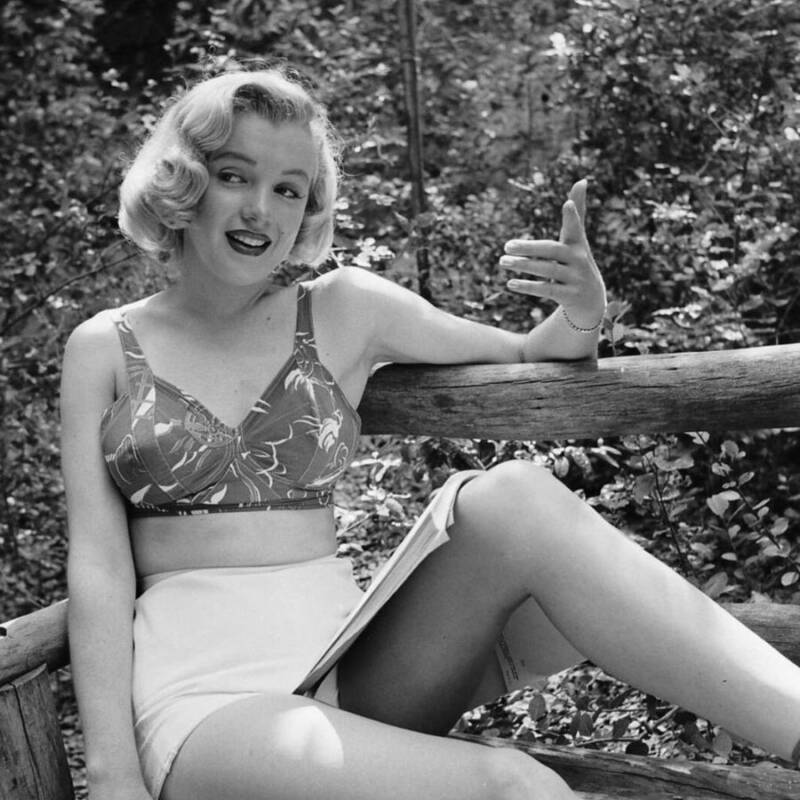
When I look at the images of Marilyn Monroe that have become so iconic, I see a talented, intelligent young woman who has dyed her hair blonde, put on a bathing suit, and thrust out her chest in order to find success in the world, and I think, "I want more than that." I want more for her, as well as for myself, my friends, my mother, my children. I look at Katharine Hepburn and her mother and I think, "By gum, she is pretty damned close to what I want all women to be able to achieve!" As in any model, there are flaws. But the more role models we hold before us, the better we can develop our own sense of gender identity, and encourage others to reach higher.
Moving forward with informed compassion
As we promote progressive images of gender, the more those images will become reality. By the other token, every time a woman is objectified in the media we take five steps backward. Think of it this way: if every joke on television about an effeminate man meant that a little boy got bullied at school for wearing pink, would you laugh as hard? If every commercial where a woman's breasts are used to sell a product meant a teenage girl got assaulted on the way home from school, would you buy that product?
Key takeaways
My feminist awakening through classic Hollywood stars reveals how film can serve as both mirror and catalyst for social change. From Katharine Hepburn's mother fighting for suffrage to the #MeToo movement exposing systemic abuse, the struggles for gender equality connect across generations. The stars who rejected the feminist label of their time were no less pioneering, whilst today's movements build upon foundations laid by previous generations. Most importantly, recognising how media shapes our understanding of gender empowers us to make conscious choices about the cultural messages we accept and perpetuate.
Have classic film stars influenced your own political or social awakening? Have you noticed connections between the gender dynamics in golden age Hollywood and contemporary feminist issues? I'd love to hear about your own journey of socio-political self-discovery, or how you've seen classic cinema reflect or challenge the gender expectations of its time. Share your thoughts in the comments below.
